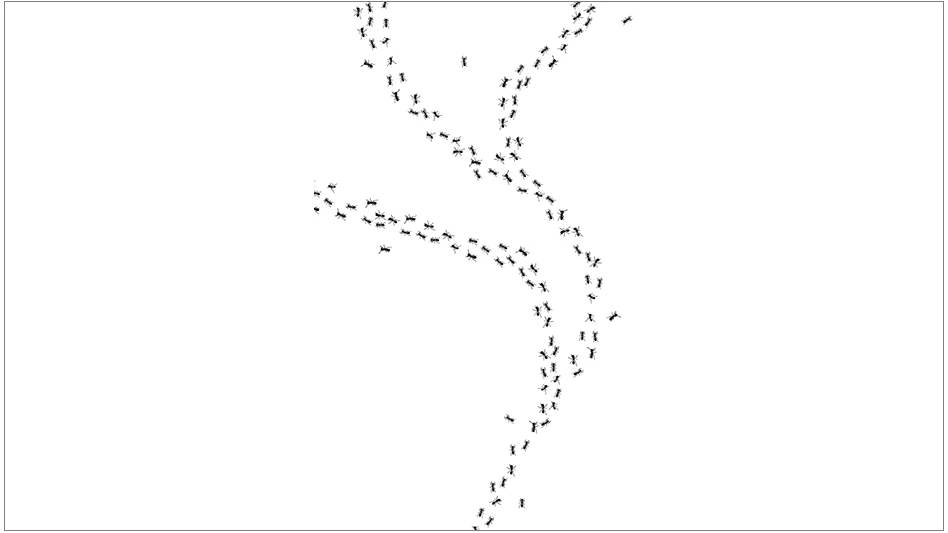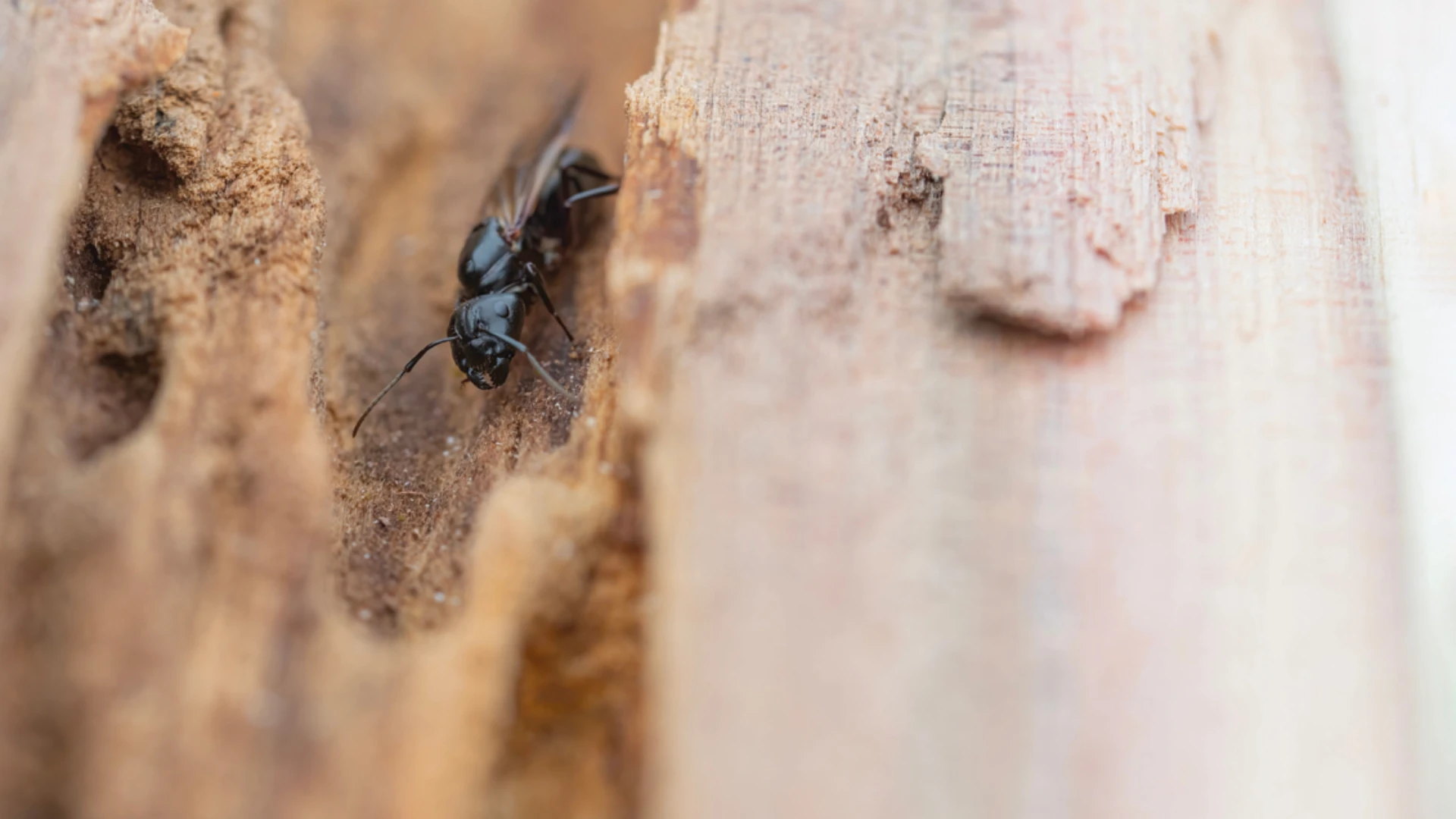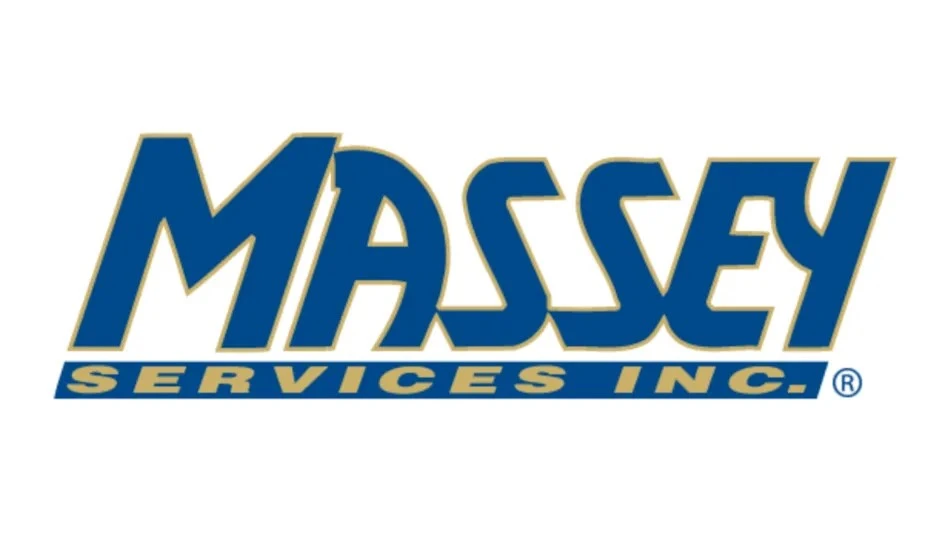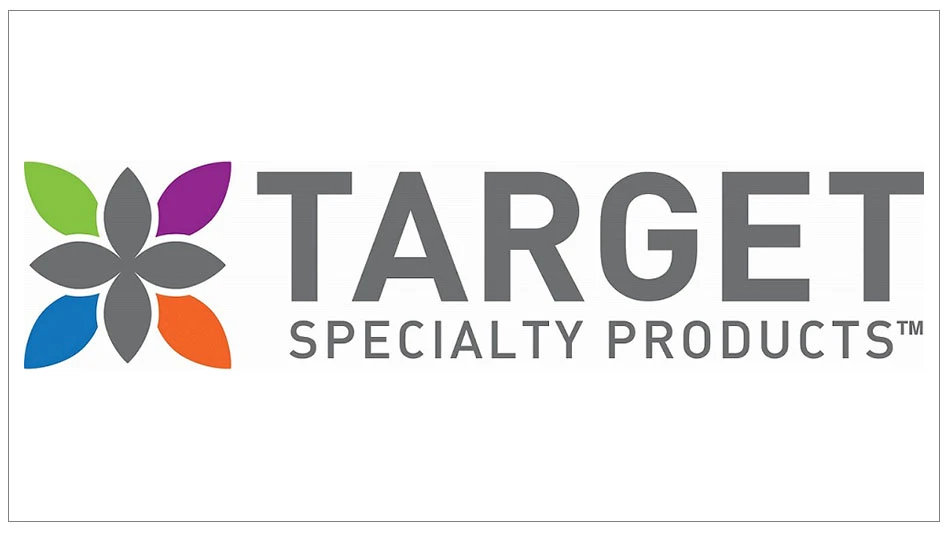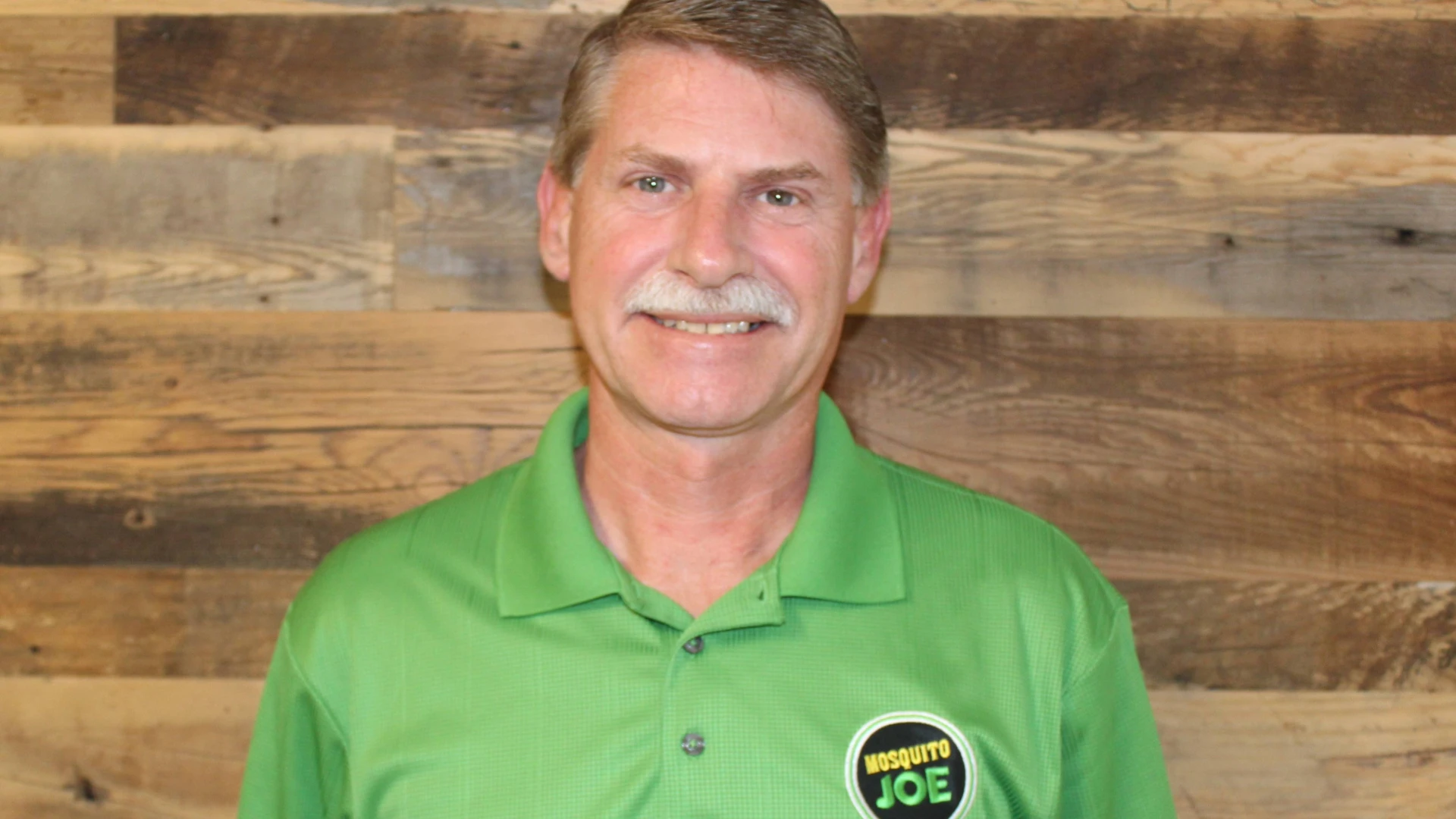I’m always a bit leery of people who paint corporate America as evil, while extolling the virtues of a more pristine way of life. This is particularly apparent in the debate over pesticides. In a new book from Harvard University Press titled, Nature Wars: People Vs. Pests, author Mark L. Winston contends that our on-going commitment to pesticides reflects our sense of place in nature: embattled, beleaguered, and driven to aggression.
Further, in a letter to magazine and newspaper editors accompanying a review copy of the book, Liz Pelton of Harvard University Press writes that Winston “objects to our unshaken commitment to chemicals, nurtured by powerful chemical companies, when science has shown there are better ways.” The problem with those “better ways” is that more often than not they are too costly to implement or inadequate to maintain pest populations at threshold levels acceptable to most Americans.
And while I don’t disagree with the basic premise of Winston’s book — that a more measured approach to controlling pests (i.e. IPM) is the most responsible approach to pest control — I’m disturbed the book is being marketed as the second coming of Silent Spring, the publication which ushered in the environmental movement.
If pesticide manufacturers learned anything from this period of American history it is that it is in their own best interest to promote the responsible use of pesticides, not the indiscriminate use of these materials. To do anything less would be to invite greater government regulatory action and imperil the future use of their products, not to mention be morally irresponsible.
It has been my experience that chemical suppliers serving the pest control industry have acted responsibly in promoting the merits of IPM and embarked instead upon a campaign to expand the market for professional pest control services, thereby ensuring that their products will be applied judiciously by those most qualified to perform this important service. Unfortunately, their story doesn’t often make it into the pages of the mainstream media, including books like Nature Wars, a noble attempt to examine the pesticide debate in a cultural and historical framework, but one which once again overlooks the important role the structrual pest control industry has played in protecting the public’s health and property, the ultimate goal of responsible pesticide use.
Nature Wars: People Vs. Pests is a book PCOs should read if for no other reason than to better understand the complex social, economic and political factors impacting the ongoing debate over pesticide use in the United States and throughout the world. In addition, a number of well-known pest control industry representatives are quoted in the book, including Bobby Corrigan, Harold S. Stein, Jr., Bob Berns, Robert Snetsinger and Harry Katz.
An advertisement promoting the book appears on page 67 of this month’s issue of PCT. However, because of the constituency we represent and the respect we have for those on the front lines of the pesticide debate, PCT magazine did not want to benefit financially from the placement of this advertisement. Therefore, we’re donating the proceeds of the ad ($815) to the NPCA’s Industry Awareness Council which has been charged with the responsibility of promoting a more positive — and accurate — public image of the pest control industry. We’re confident this organization will put these funds to good use.
Send a letter to the publisher

Explore the January 1998 Issue
Check out more from this issue and find your next story to read.
Latest from Pest Control Technology
- CAPMA Hosts 2025 Legislative Day in Sacramento
- Grizz Pest Management Bartends for a Cause
- Rose Pest Solutions Becomes Official Pest Provider of Chicago Fire FC
- WSPMA Hosts Legislative Day at Washington State Capitol
- A-1 Pest Control Marks 59 years in Business
- Hawaii PCO Shares Regulatory Challenges, Business Impacts from Lahaina Wildfires
- 5 Tips for Reducing Waste in the Office and in the Field
- OvoControl Now Available in Chile


